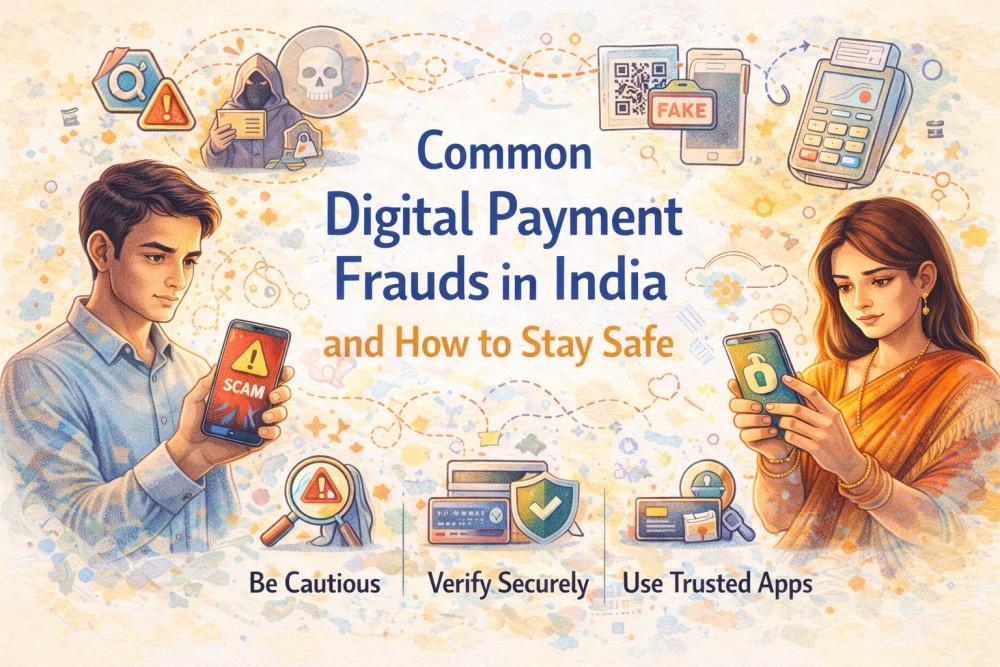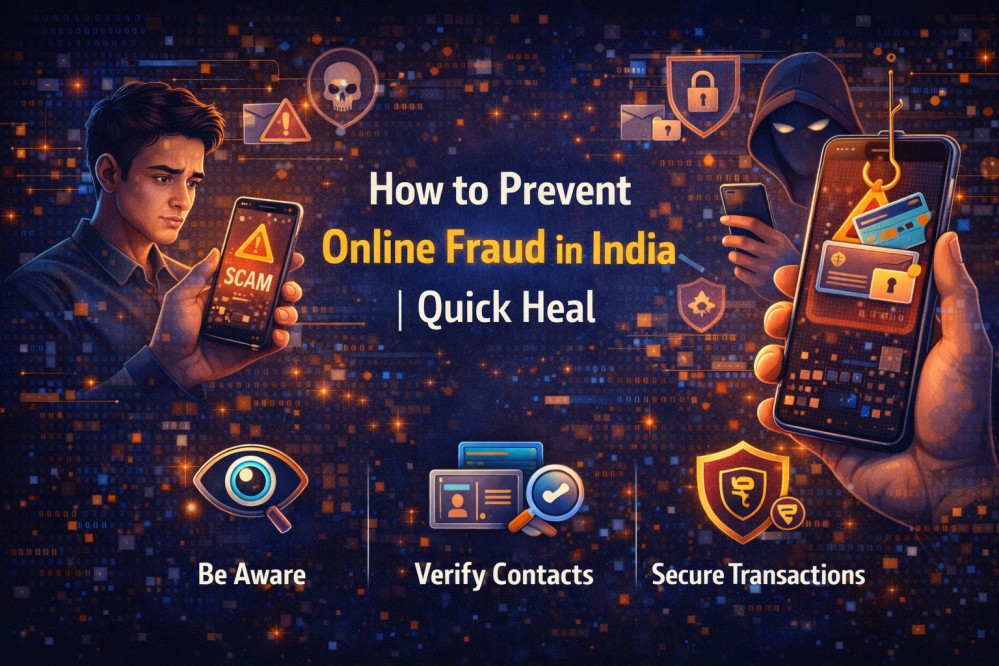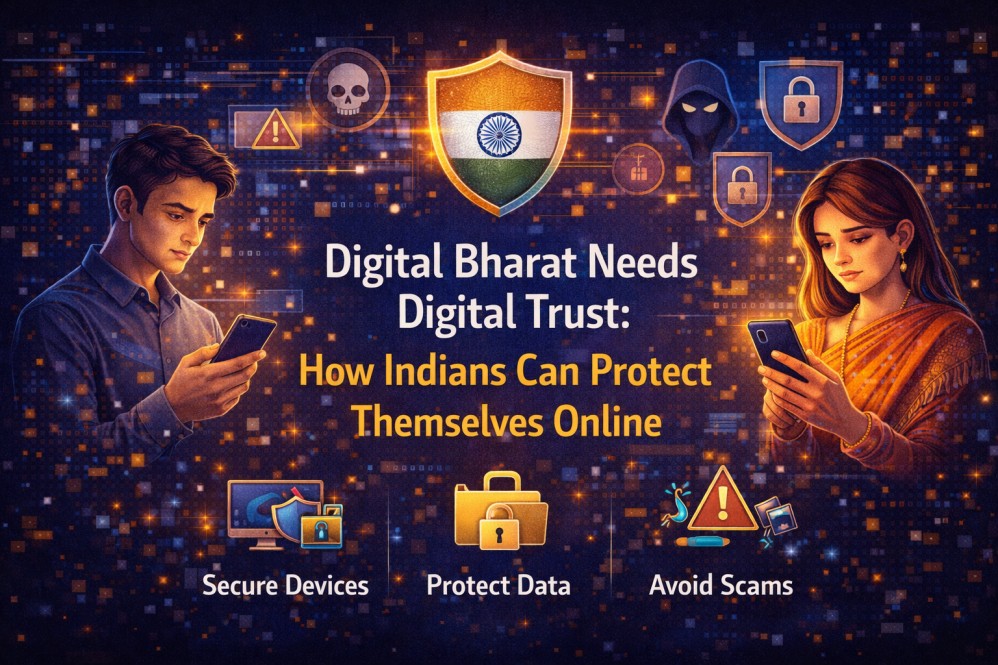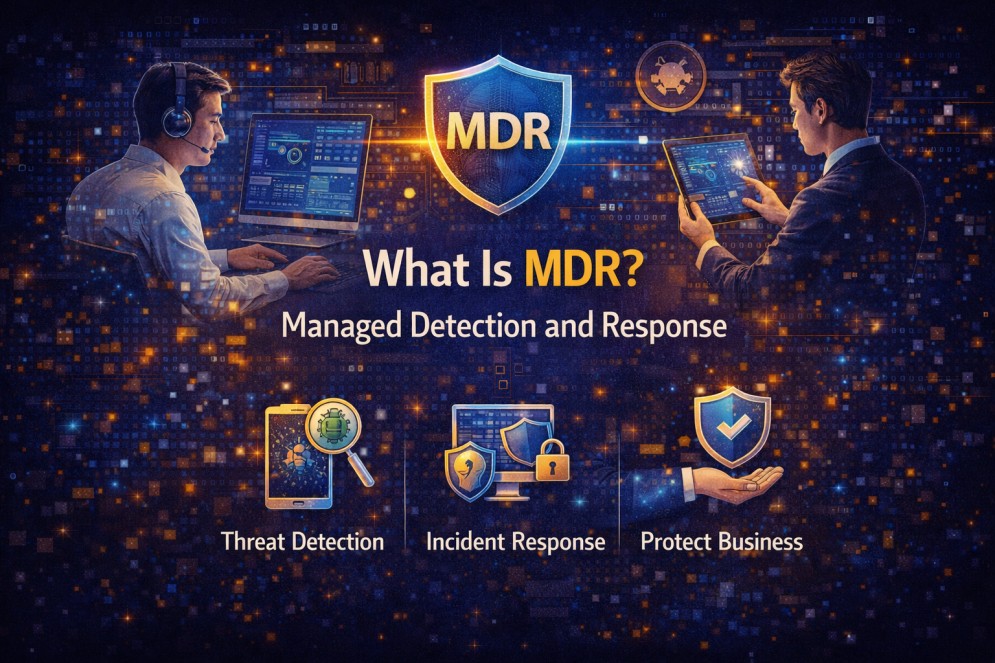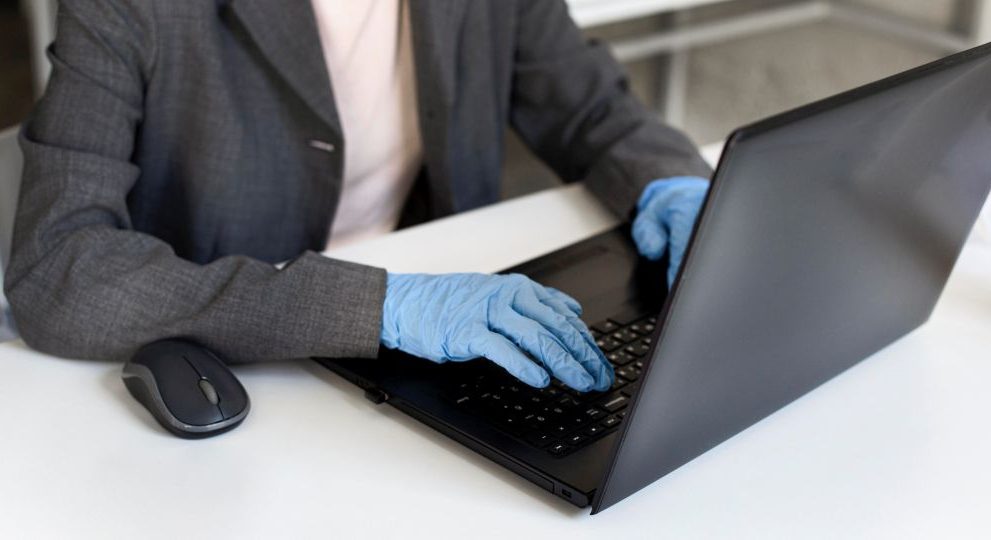
May

How Poor Cyber Hygiene Can Leave You Vulnerable to Cyberattacks
-
Quick Heal / 9 months
- May 27, 2025
- 0
Just like personal hygiene helps maintain your health and well-being, cyber hygiene is crucial for protecting your digital life from various online threats. Poor cyber hygiene practices can leave you vulnerable to cyberattacks, compromising your sensitive data, financial information, and overall cybersecurity.
In this blog, we’ll explore what cyber hygiene entails, common mistakes to avoid, and practical tips to strengthen your digital defenses.
What is Cyber Hygiene?
Cyber hygiene refers to the regular practices and precautions individuals and organizations take to maintain the health and security of their digital systems, devices, and data. It involves proactively implementing measures to prevent, detect, and respond to cyber threats. Just as brushing your teeth and washing your hands are essential for maintaining personal hygiene, cybersecurity hygiene is vital for safeguarding your online presence.
Good cyber hygiene practices help in:
- Preventing Cyber Threats: They reduce the risk of malware, phishing, ransomware, and other cyberattacks.
- Protecting Personal and Sensitive Data: Regular updates, strong passwords, and secure networks help safeguard data from unauthorized access.
- Maintaining System Integrity: Ensures devices and software run smoothly and securely with minimal vulnerabilities.
- Enhancing Awareness: Encourages users to recognize suspicious activity and respond appropriately.
- Supporting Compliance: Helps organizations meet data protection regulations like GDPR by promoting secure data handling.
Common Poor Cyber Hygiene Practices
Despite the importance of cyber hygiene, many individuals and organizations fall short in implementing robust security measures. Here are some common poor cyber hygiene practices that can leave you vulnerable:
- Using Weak or Reused Passwords: Easy-to-guess or repeated passwords across accounts increase the risk of breaches.
- Ignoring Software Updates: Skipping updates can leave systems exposed to known vulnerabilities.
- Clicking on Suspicious Links or Attachments: This can lead to malware infections or phishing attacks.
- Not Using Antivirus or Firewall Protection: Without these, systems are more exposed to threats.
- Failing to Back Up Data: Data loss from attacks or system failures becomes irreversible without backups.
- Using Public Wi-Fi Without Protection: Accessing sensitive data on unsecured networks can lead to interception.
- Lack of Multi-Factor Authentication (MFA): Relying solely on passwords makes accounts easier to compromise.
- Poor Email and Social Media Practices: Oversharing or falling for scams can expose personal or organizational data.
These practices create opportunities for cybercriminals to exploit vulnerabilities, gain unauthorized access, and carry out various types of cyberattacks.
How Poor Cyber Hygiene Increases Vulnerability to Cyberattacks
Poor cyber hygiene directly correlates with an increased risk of falling victim to cyberattacks. Here’s how:
- Weak passwords can be easily guessed or cracked by hackers, granting them access to your accounts and sensitive data.
- Outdated software and operating systems often contain known vulnerabilities that cybercriminals actively exploit to deliver malware or gain unauthorized access.
- Clicking on malicious links or downloading infected attachments can introduce malware, such as ransomware or spyware, onto your devices.
- Sharing sensitive information over unsecured networks exposes your data to interception by malicious actors.
- Lack of 2FA makes it easier for attackers to compromise your accounts, even if they obtain your password.
- Without regular data backups, you risk losing important files and data permanently in the event of a successful cyberattack.
By neglecting cyber hygiene guidelines, individuals and organizations become prime targets for cybercriminals looking to exploit weaknesses in their digital defenses.
The Consequences of Cyberattacks Due to Poor Cyber Hygiene
The consequences of cyberattacks resulting from poor cyber hygiene can be severe and far-reaching:
- Financial losses: Theft of funds, fraudulent transactions, and costs associated with recovery and remediation.
- Data breaches: Exposure of sensitive personal, financial, or proprietary information, leading to identity theft and reputational damage.
- Operational disruptions: Interruption of business operations, loss of productivity, and potential revenue losses.
- Legal and regulatory penalties: Fines and legal action for non-compliance with data protection regulations.
- Reputational damage: Loss of customer trust, negative publicity, and long-term damage to brand reputation.
These consequences highlight the importance of prioritizing cyber hygiene to mitigate the risks associated with cyberattacks.
How to Improve Cyber Hygiene and Protect Against Cyberattacks
Improving your cyber hygiene is essential to protect yourself and your organization from cyberattacks. Here are some cyber hygiene tips to follow:
- Use strong, unique passwords for each account and enable 2FA whenever possible.
- Keep your software, operating systems, and applications up to date with the latest security patches.
- Be cautious when clicking on links or downloading attachments from unknown sources.
- Use a reputable antivirus and anti-malware solution like Quick Heal Total Security to protect your devices.
- Regularly backup your important data to secure locations.
- Educate yourself and your employees about cybersecurity best practices.
- Use encryption for sensitive data both at rest and in transit.
- Implement network segmentation and access controls to limit the spread of potential breaches.
- Conduct regular security audits and vulnerability assessments to identify and address weaknesses.
- Develop an incident response plan to promptly detect, contain, and recover from cyberattacks.
By adopting these cyber hygiene practices, you can significantly reduce your risk of falling victim to cyberattacks and minimize the potential impact if an incident occurs.
Stay Away from Vulnerabilities with Quick Heal
Cyber hygiene meaning the proactive measures taken to maintain the health and security of your digital life. Neglecting cyber hygiene can leave you vulnerable to a wide range of cyberattacks, resulting in financial losses, data breaches, and reputational damage. By understanding the benefits of cyber hygiene and implementing best practices, such as using strong passwords, keeping software updated, and being cautious online, you can significantly enhance your cybersecurity posture.
Remember, cybersecurity is an ongoing process that requires continuous vigilance and adaptation to evolving threats. By making cyber hygiene a priority and staying informed about the latest cybersecurity trends and using anti-malware solutions like Quick Heal Total Security, you can protect yourself and your organization from the devastating consequences of cyberattacks.
Check Out Our Full Antivirus Range

